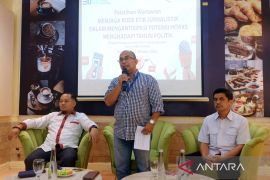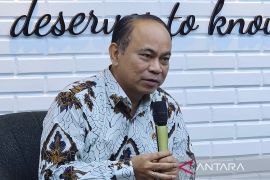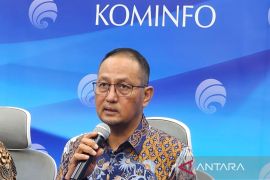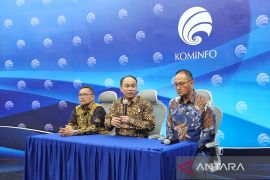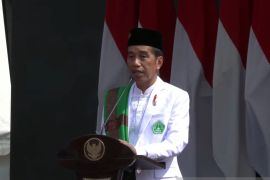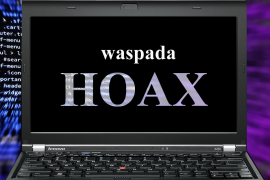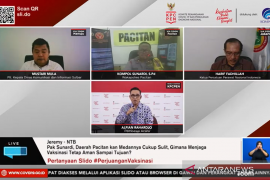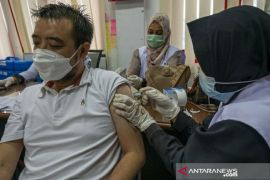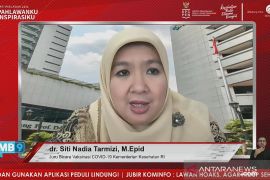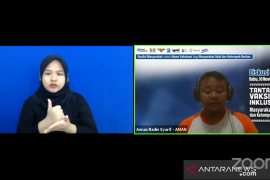One trick to discern the validity of any information is to determine whether it is too good to be true or too bad to be true, the ministry's public information and communication director general, Usman Kansong, said in a press statement issued here on Saturday.
"That is what we need to be aware of. There are plenty of examples, like every time someone donates a large amount of aid, we need to be suspicious whether it is too good to be true," he explained.
While the suspicion may not yet be proven, at the very least, our internal alarm will be triggered, he said.
He also outlined another way to identify hoaxes.
"If there is a word, 'spread it', that is what we need to be wary of. Especially if it's written in all capital, that is what we need to be suspicious of. Do not just share without filtering it," he advised.
The director general also asked citizens to research the validity of any information through trusted official media or internet search engines.
"If nobody is reporting it, then it is not true. But we still need to check, recheck, and cross-check it with the mainstream media," he said.
According to Kansong, orchestration and single narratives have been optimized to prevent the spread of hoaxes and misleading information in the public.
However, citizens need to be taught the skill to be able to selectively filter information received through digital platforms, he said.
Related news: Hoaxes bigger problem than pandemic: IDI
Related news: Indonesians must remain alert to COVID-19 hoaxes: official
Translator: Arnidhya Zhafira, Fadhli R
Editor: Suharto
Copyright © ANTARA 2021



